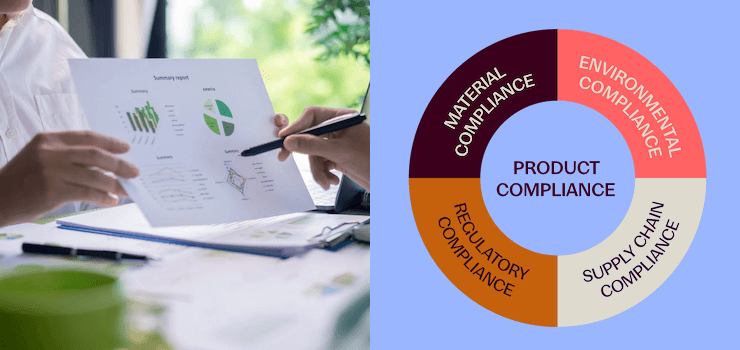ROHS Directive starts to restrict the Phthalates listed in ROHS Annex II. But with regard to REACH Annex XIV sunset date (21/02/2015) there is a discrepancy. Nevertheless, iPoint Compliance Agent enables customers to ensure compliance with ROHS and REACH by impact analysis.
The new restriction of Phthalates
The risks arising from:
- Bis(2-ethylhexyl) phthalate (DEHP),
- Butyl benzyl phthalate (BBP)
- Diisobutyl phthalate (DIBP)
- Dibutyl phthalate (DBP)
are evidently having a negative impact on recycling, on human health and the environment during EEE waste management operations.
The restriction of these Phthalates applies from 22 July 2019. Exemptions are granted only for EEE 8 and 9 until 22 July 2021 as well for cables, spare parts for the repair, the reuse, the updating of functionalities or upgrading of capacity of EEE placed on the market before 22 July 2019.
How does this relate to the REACH regulations?
Under REACH Annex XVII, these phthalates are considered in the Entry 51 paragraph 4 (g), (h), (i) according to ROHS Annex II in the restriction. This leads to a neglect of REACH Art. 56, Annex XIV sunset date (21/02/2015) implying additional responsibilities for importers, since no exception exists, but a granted use authorisation by the EU-Commission.
As a result, there is a discrepancy of import and manufacturing in EC member states. Other legal requirement such as Art. 7.2 notification and communication obligations along the supply chain are still valid.
What are the implications?
Analysis, evaluation and reporting are indispensable. To ensure compliance with, inter alia, REACH and RoHS iPoint’s solutions facilitate this impact analysis providing transparency in supply chain, product and processes and thus an evaluation basis for decision making.






